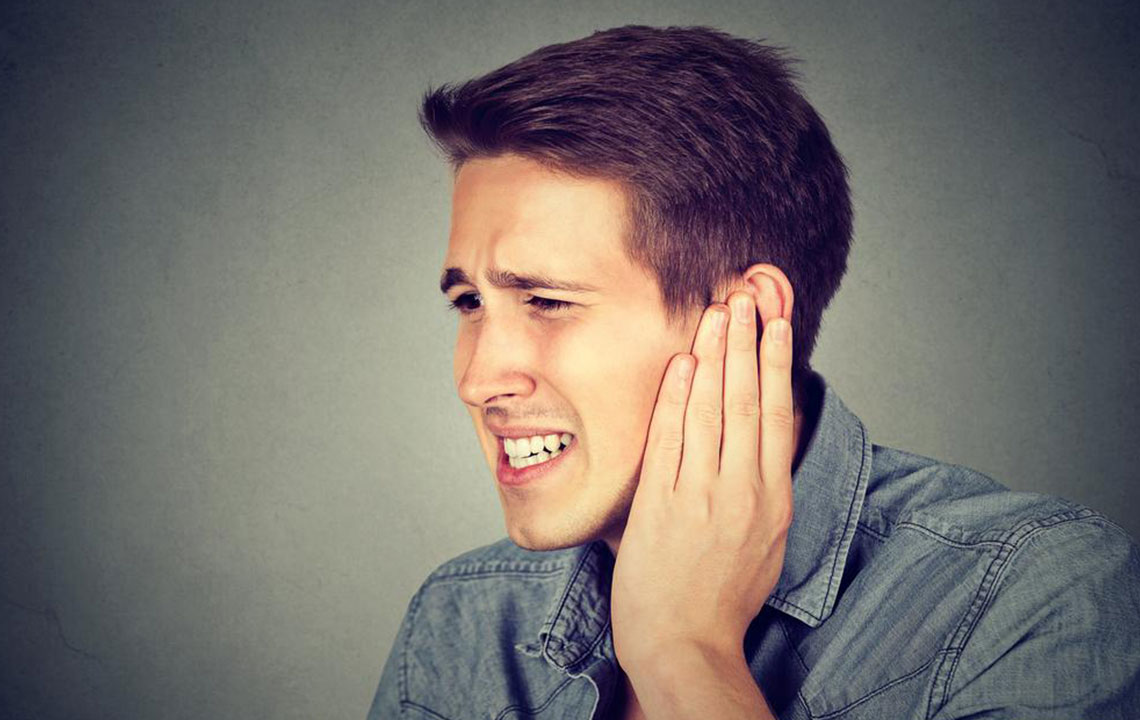Comprehensive Approaches to Tinnitus Relief: Medical and Lifestyle Interventions
Explore effective strategies for managing tinnitus through medical treatments, lifestyle modifications, and sound therapy. This comprehensive guide helps individuals reduce symptoms and improve quality of life by addressing underlying causes, taking medications, adjusting habits, and protecting hearing. Personalized management plans enhance comfort and functionality for tinnitus sufferers.

Comprehensive Approaches to Tinnitus Relief: Medical and Lifestyle Interventions
Tinnitus is characterized by persistent ringing, buzzing, or hissing sounds heard only by the affected individual. Common causes include exposure to loud environments, head trauma, certain medications, health issues, and stress. This condition can significantly affect one’s physical and emotional health. While complete cure options are limited, various treatments help alleviate symptoms and enhance quality of life.
Here, we detail effective strategies for tinnitus management.
Assessing Underlying Factors
An initial step involves identifying and addressing conditions that may contribute to tinnitus, including:
Removing obstructions like earwax or hair that affect hearing
Managing vascular issues via medication or surgery
Treating injuries to the head or neck with appropriate therapies such as medications, chiropractic care, or physical therapy
Addressing jaw problems with dental treatments can also alleviate symptoms.
If ototoxic medications induce temporary tinnitus, discontinuing the drug often reduces symptoms; alternative medications may be recommended by healthcare providers.
Medication-Based Treatments
Medications aimed at reducing tinnitus severity include antidepressants like clomipramine or desipramine and anti-anxiety drugs such as alprazolam or clonazepam to manage emotional impacts.
Complementary and Natural Approaches
Alternative therapies include:
Acupuncture
Transcranial magnetic stimulation to modulate nerve activity and lessen symptoms
Supplemental options like zinc and vitamin B may be used under medical guidance.
Lifestyle Adjustments
Implementing lifestyle changes can mitigate tinnitus perception, although they do not target the root cause directly. Recommendations encompass:
Eating a balanced diet to support energy and mood, while reducing caffeine, salt, and alcohol intake that can aggravate symptoms
Quitting smoking to improve blood flow and reduce nerve stimulation
Engaging in regular physical activity to lower stress and improve sleep quality
Getting sufficient rest to prevent fatigue from worsening symptoms
Practicing relaxation techniques such as yoga, meditation, or tai chi to manage stress levels
Participating in social activities and hobbies to distract and improve emotional health
Responses to these strategies vary; tracking their effects can help identify the most effective options.
Auditory Protection
Protecting ears from loud noises is crucial, with methods including:
Listening at lower volumes with earphones
Wearing earplugs or earmuffs during noisy events or work environments
External Sound Therapy
Using external sounds to mask internal tinnitus includes:
Hearing aids that amplify background sounds to cover tinnitus
White noise machines or wearable sound generators that provide a continuous gentle sound to help desensitize the brain
Personalized treatment plans often combine these approaches, with ongoing collaboration with healthcare providers ensuring optimal management and symptom relief.

